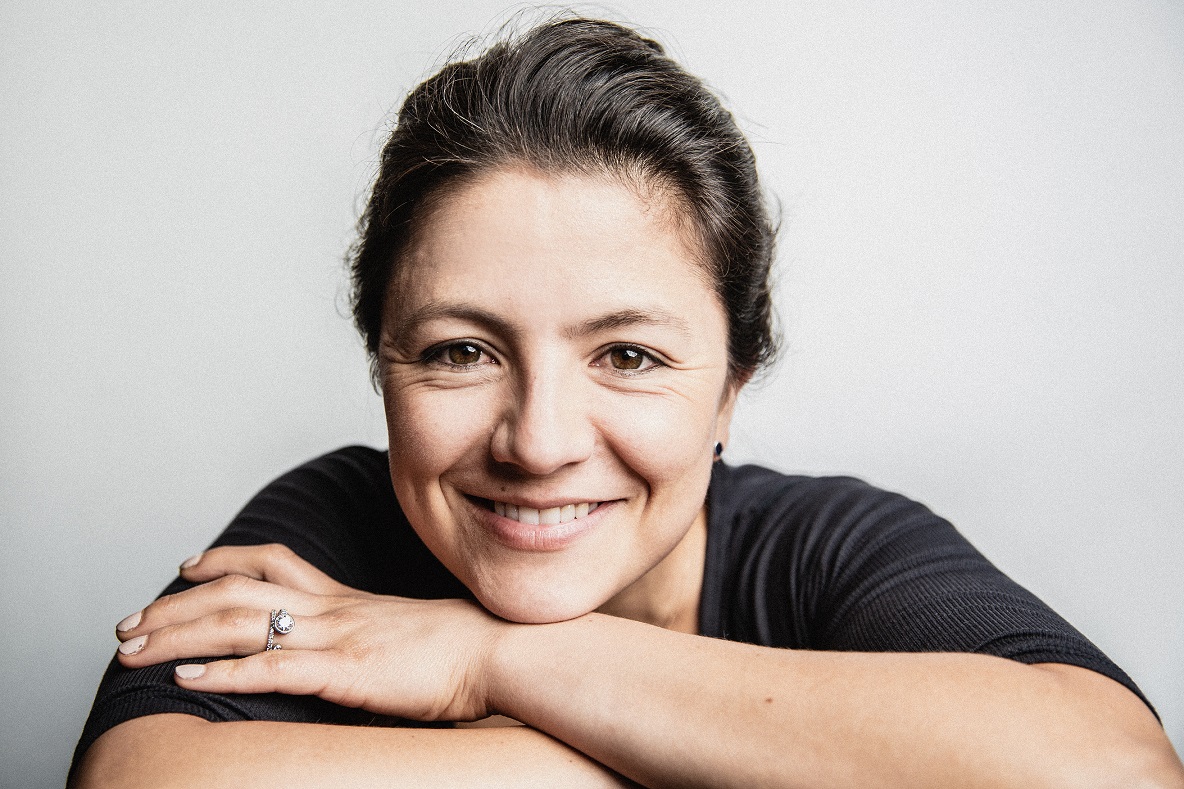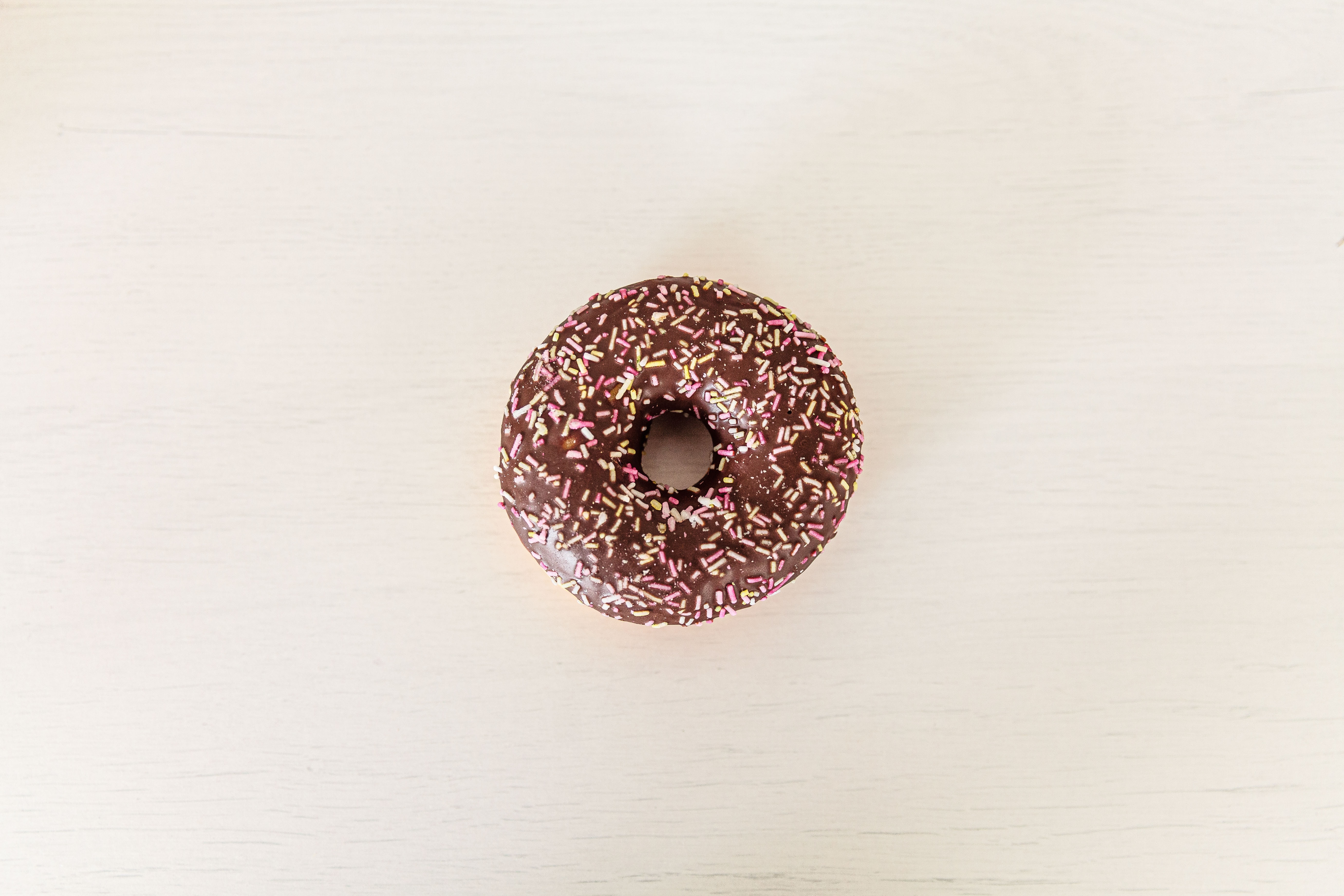Most women think that if they could control what they eat, they would like their bodies.
The logic is, “If I lose weight, then I’ll be confident and love the way I look”.
But it works the other way around.
You need to build a respectful and accepting relationship with your body before you make peace with food.
The reason is that women fight food because they are at war with their bodies.
This was one of the most important lessons from Decoding Food & Guilt, a workshop that I led during the Behold.Her Self-worth Conference in Washington D.C. earlier this month.
The women who participated learned to “decode” the guilt they feel around food and understood that at the root is their relationship with their bodies.
I used the metaphor of an iceberg. Although the visible tip is food guilt, if you explore what’s underneath, you find the expectation that you should be able to control what you eat.
You discover a very ingrained belief that you should weigh or look certain way to belong and feel worthy.
The guilt doesn’t come from the fries or the ice cream. It comes from the stories you’ve learned about what it means to eat these foods.
The stories sound like thinking errors such as, “If you eat fries, you’ll gain weight, and won’t be attractive for a partner” or “Look at you, eating bread. You lack willpower. That’s why you can’t lose weight.”
Getting you to believe these stories is the goal of diet culture, which worships thinness, equates it to health and promotes weight loss at all costs.
This bias against weight is built into our psyche.
None of us were born thinking that fat is bad and skinny is good.
We’ve learned and practiced the belief that we must look a certain way to feel valued, worthy, and in control (I discuss this subject more here and in a recent podcast).
It’s not your fault. Your brain developed these shortcuts or mental maps based on prior learning to help you navigate experiences and make sense of the environment.
So, no. Your problem with food doesn’t start nor ends with food. It’s deeper.
The antidote against this pattern is gradually rewriting your beliefs.
This is simple way to start. The next time you feel guilt around food, ask yourself…
Why am I feeling guilty? Am I really doing something wrong? What is underneath the guilt? What do I believe about myself? Who benefits from these beliefs? What does my body need to hear right now?
It won’t happen overnight. It’s like a muscle.
The more you practice, the better you get at decoding your guilt around food and learn new ways of being in, and respecting, your body, every square inch of it.
Written by Lina Salazar.


